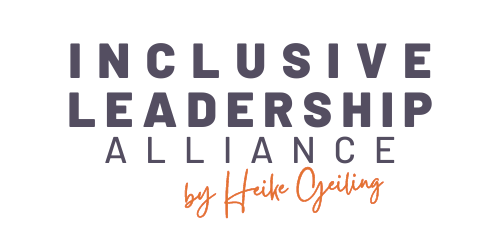In an increasingly global and interconnected world, companies that prioritise diversity are seeing measurable advantages—not only in employee engagement but also in innovation and business outcomes. This article, originally published in LOHN+GEHALT magazine, provides a detailed look at how diversity management has evolved in German organisations and how it is being successfully integrated into HR strategies and leadership development.
The article explores the broad definition of diversity, which goes far beyond gender and ethnic background. It encompasses age, religion, disability, sexual orientation, and more. Managing this diversity effectively—by fostering inclusion, mutual respect, and equal opportunity—is shown to have a strong impact on workplace culture and company performance.
A recent StepStone study cited in the article reveals that 88% of employees believe diversity has a positive influence on their workplace, while 54% report they actively seek employers that embrace diversity. Despite this, only 35% of organisations say they are currently implementing D&I measures.
The article highlights the role of HR and leadership in turning diversity from a buzzword into real cultural change. It includes practical examples from companies that are embedding D&I into their recruitment processes, leadership training, and internal communication strategies. For instance, inclusive language, anonymous application procedures, and awareness training are becoming increasingly standard in forward-thinking workplaces.
Another important takeaway is the shift in perspective: diversity is no longer viewed as a purely ethical or compliance issue—it’s now recognised as a strategic advantage. Diverse teams are more innovative, better at solving complex problems, and more adaptable to change. Companies that embrace these values are more attractive to top talent and are better equipped to navigate today’s competitive market.
👉 Click here to read the full article as a PDF
This article underscores the idea that diversity is not just a value, but a critical success factor. Companies that take diversity management seriously, integrate it across all levels of their organisation, and commit to long-term cultural change will be the ones to lead in innovation, employee retention, and market growth.




